What are sunspots? What causes sunspots?
Sunspots can make the skin unattractive and require medical attention. The causes of sunspots are several and need to be considered in order to prevent suffering from them.
Dark spots that develop on one’s skin are called sunspots and can be thought of as harmless. It is advisable to talk to the healthcare provider if you notice any changes in the spots. If the person does not like the appearance of sunspots, then it is better to try at-home treatments or talk to a dermatologist about which options are best for them.
Causes sunspots
The most common cause of sunspots on a person’s skin is lifetime sun exposure or artificial UV exposure from tanning beds or even salon nail polish lamps that use UV light. Although the exact reasons why a few people are more likely to develop sunspots are unknown, genetics can play a role.
Lifetime UV light exposure can result in sunspots in middle age and beyond. However, a few younger people who spend time tanning may get them prior to middle age.
People with light hair as well as eyes, individuals who spend long periods of time in the sun, and those who do not wear sunscreen or protective clothing are indeed more susceptible to sunspots.
Those with a history of sunburns, especially severe ones, can have increased chances of developing sunspots.
Sunspots are usually considered harmless, but at times they can become cancerous. Few medications, like non-steroidal anti-inflammatory drugs (NSAIDs), anti-malarials, and tetracyclines, can in fact also cause spots.
Diagnosis
The healthcare provider or dermatologist can rather diagnose sunspots via a routine exam.
If one or more of the spots do appear suspicious, a biopsy may be required.
Sunspots usually do not require medical care, but if any of the following changes in a spot’s appearance are seen, it is better to seek medical help:
- Increase in size
- Turning black
- Bleeding
- Irregular border
- Unusual color combination
Treatment
Sunspots that do not appear to look suspicious require no treatment and do not cause any sort of symptom. If the person does not like the way they look, then he or she can diminish the spots’ appearance at home or even via professional treatments.
At-Home Treatments
There are several products available to lighten sun spots at home. These products are usually required for several months of usage to be effective, and they also do result, perhaps on a temporary basis. A search can be made for ingredients such as:
- Glycolic acid.
- Hydroxy acid.
- Vitamin C.
- Aloe vera.
- Vitamin-E.
Professional Treatments
A dermatologist can indeed perform professional treatments to lighten sunspots. Risks come with treatments, which may not be appropriate for those with sensitive skin. It would be best to discuss the options, which do include the following, with the healthcare provider:
- Microdermabrasion: physical erosion of the top layer of skin cells.
- Chemical peels: Salicylic acid as well as glycolic acid treatments that tend to remove the top layer of skin
- Laser treatment: Uses concentrated light energy to remove the top layers of skin, essentially burning off the dark spots.
- Intense pulsed light (IPL) therapy: Targets melanin granules as well as melanin-producing cells in order to lighten the skin without damaging the skin’s surface.
- Cryosurgery: Uses liquid nitrogen for freeze sunspots, thus causing the darkened skin to peel away.
Prevention
It is not possible to prevent sunspots due to past UV exposure from forming, but it is possible to prevent future sunspots as well as old sunspots from getting darker after they are lightened them.
What steps to prevent?
- Making use of a sunscreen with a minimum sun protection factor (SPF) of 30 every day, applying 15 minutes prior to sun exposure, and also reapplying every two hours.
- Wearing protective clothing, like a long-sleeved shirt and pants or clothing with an ultraviolet protection factor (UPF) of 40 or 50
- Wearing a wide-brimmed hat as well as sunglasses
- Keeping to shady areas on sunny days
Conclusion
Seek medical help for sunspots if required.

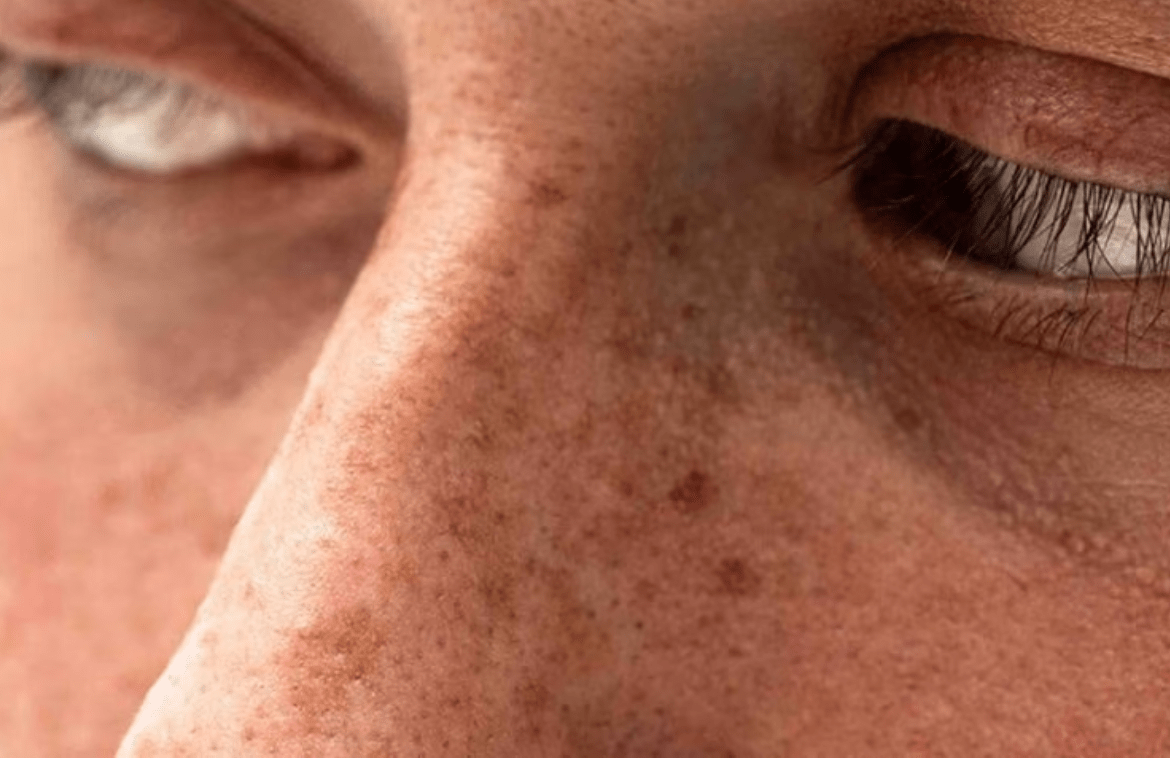

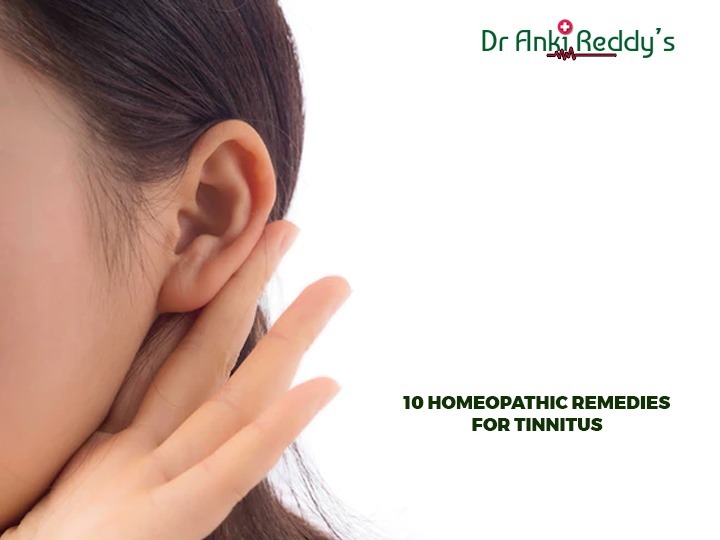
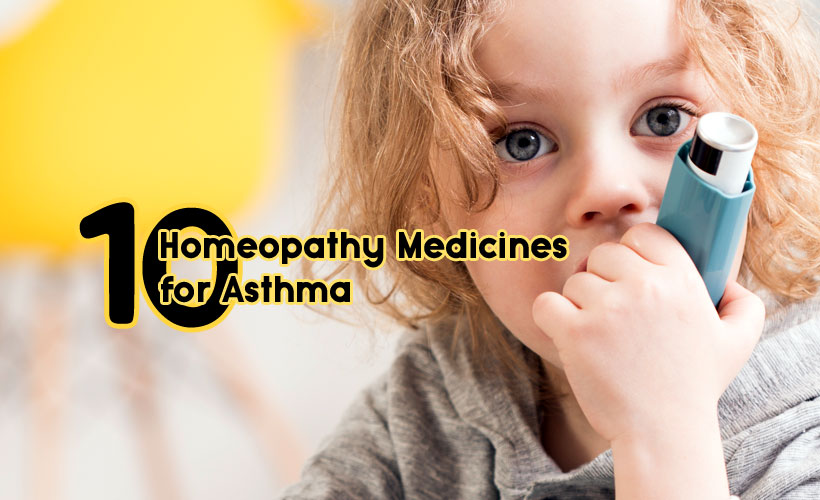
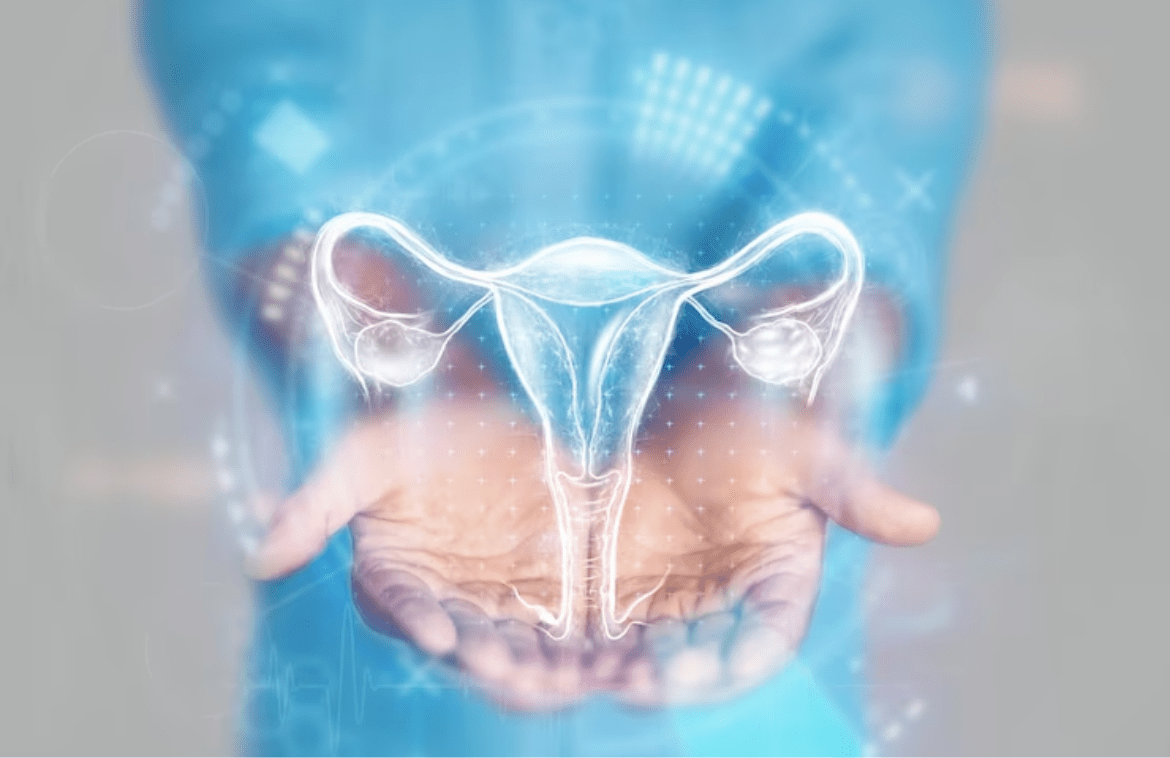
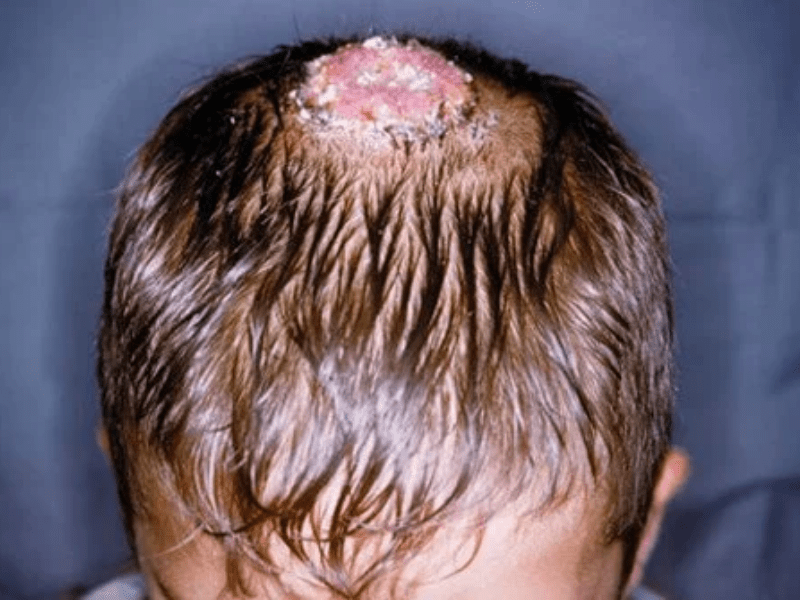
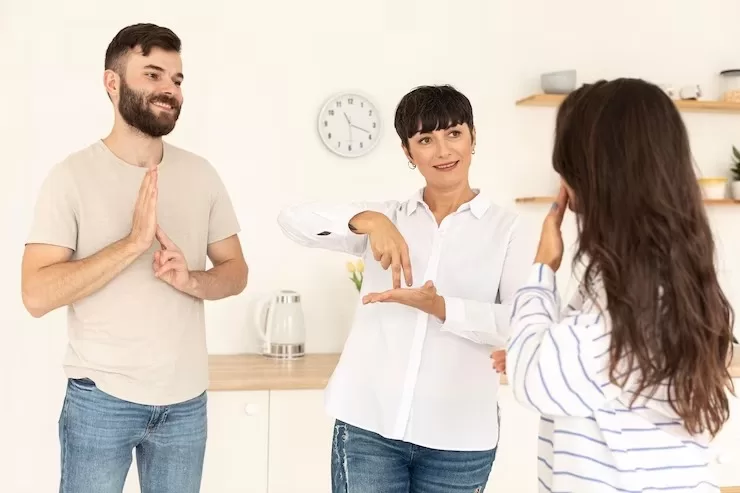
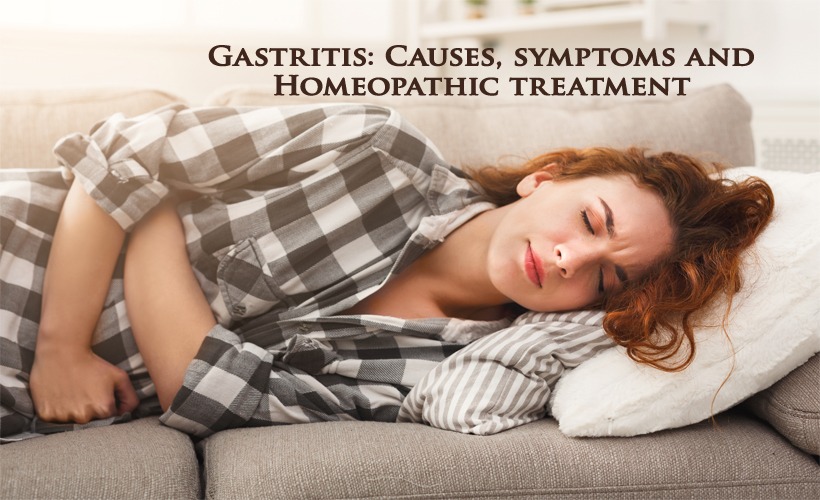
There are no comments